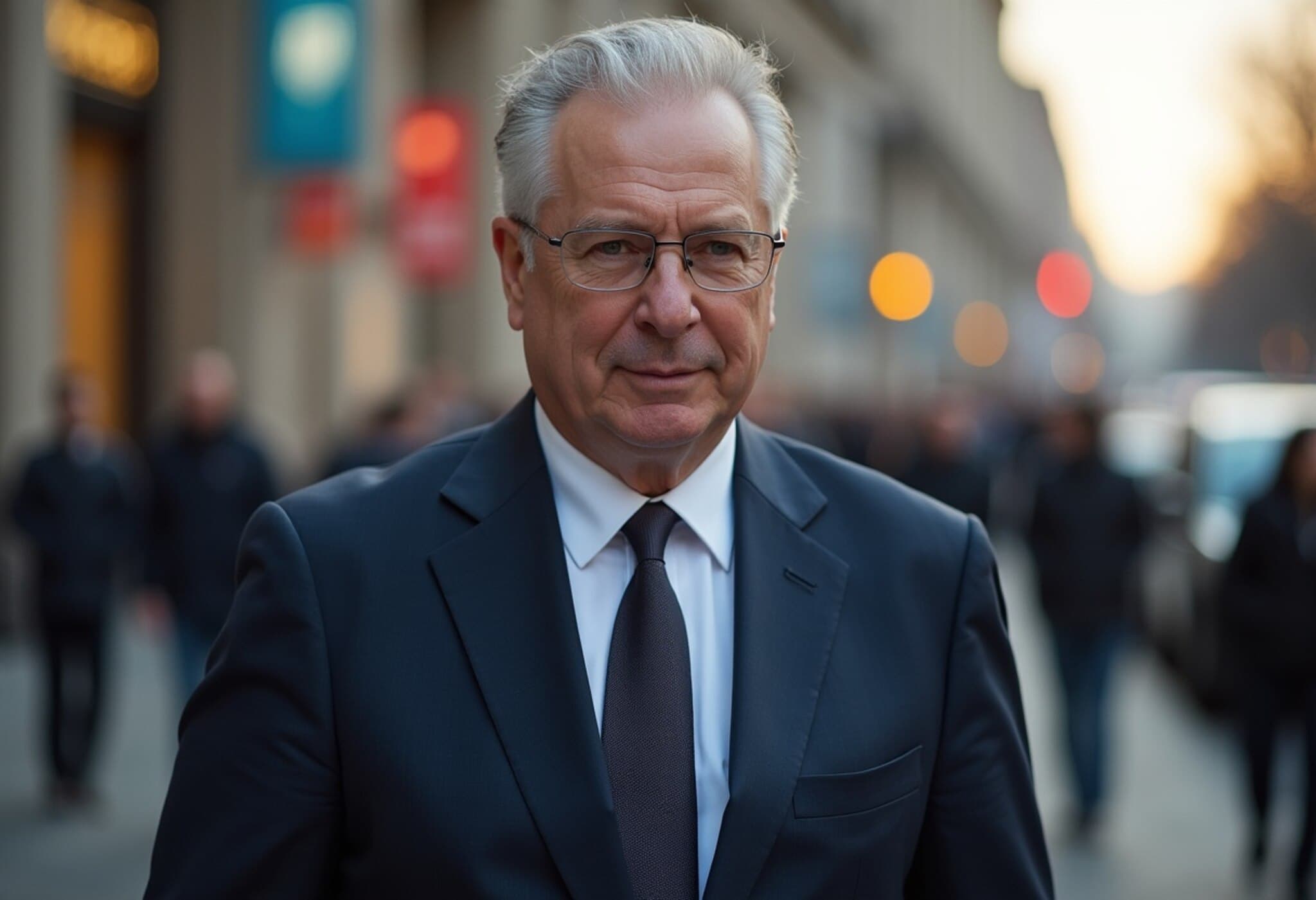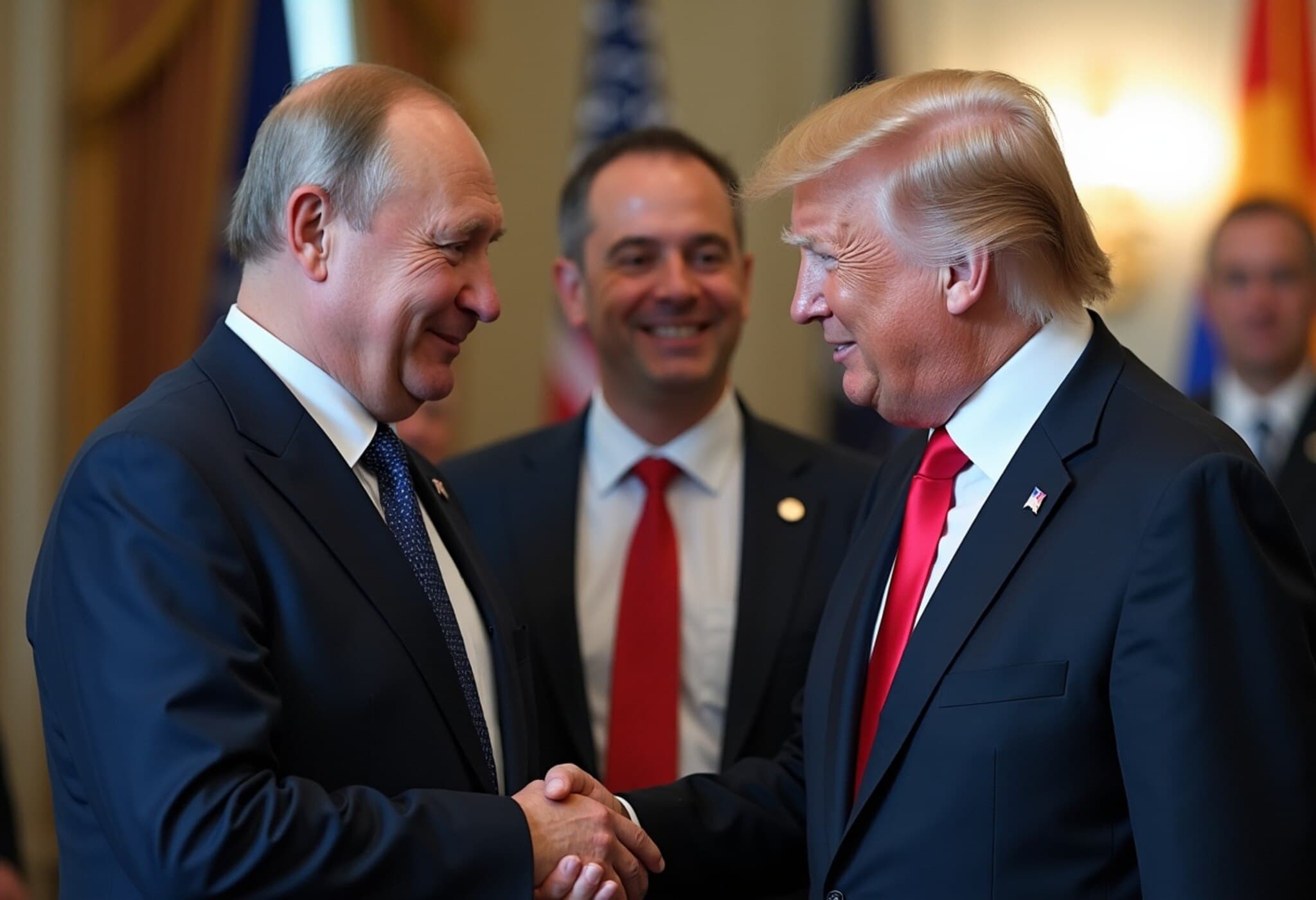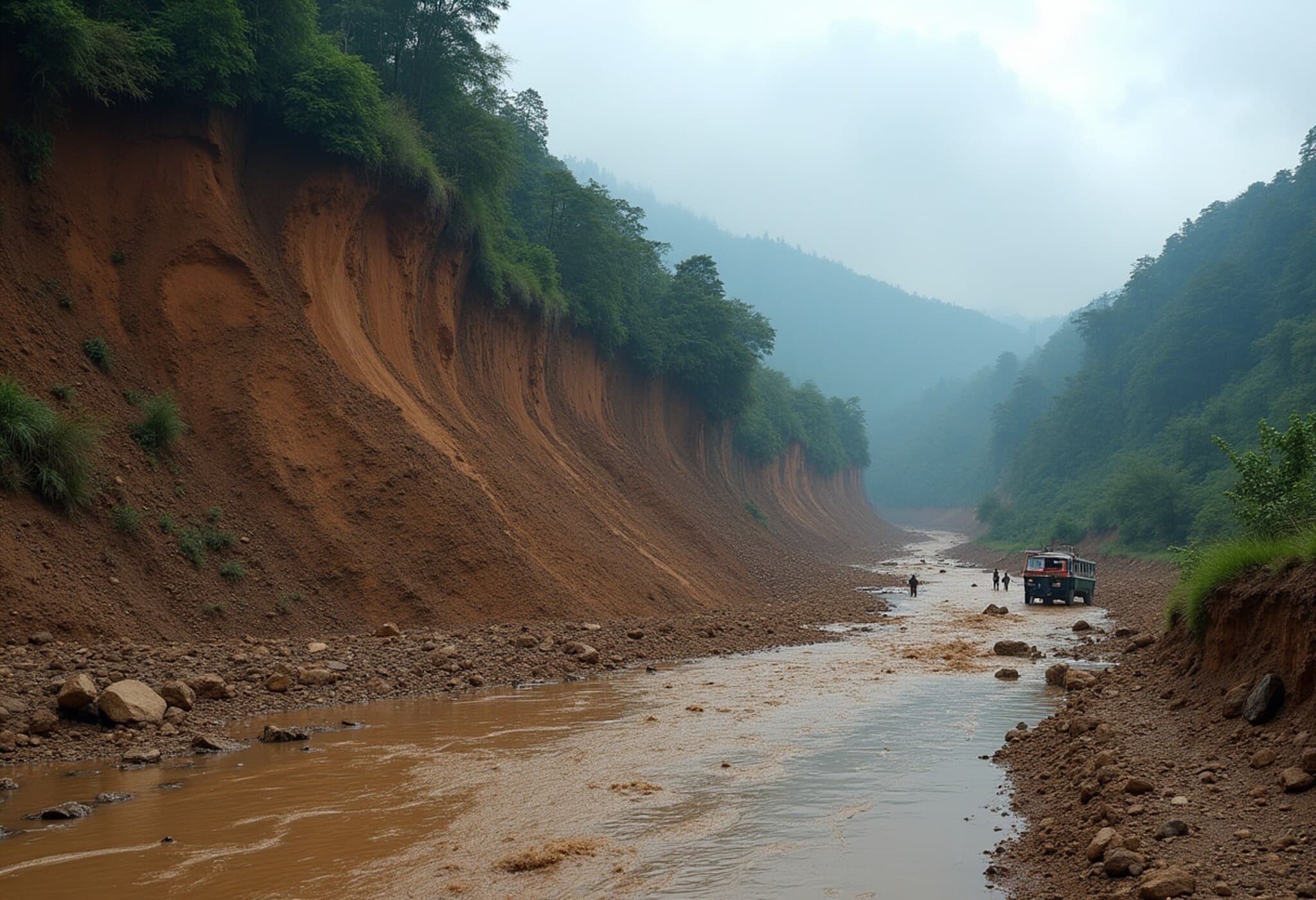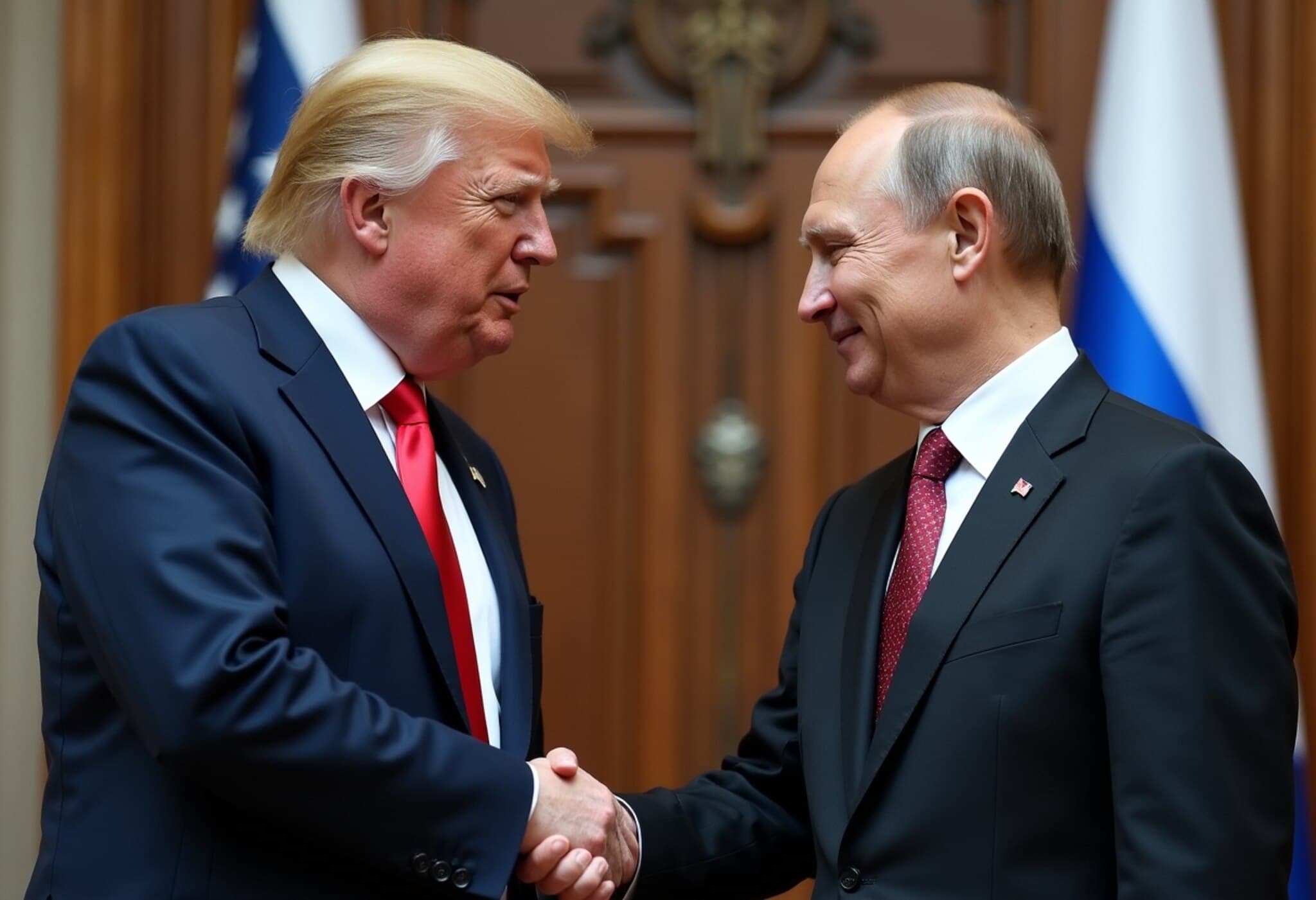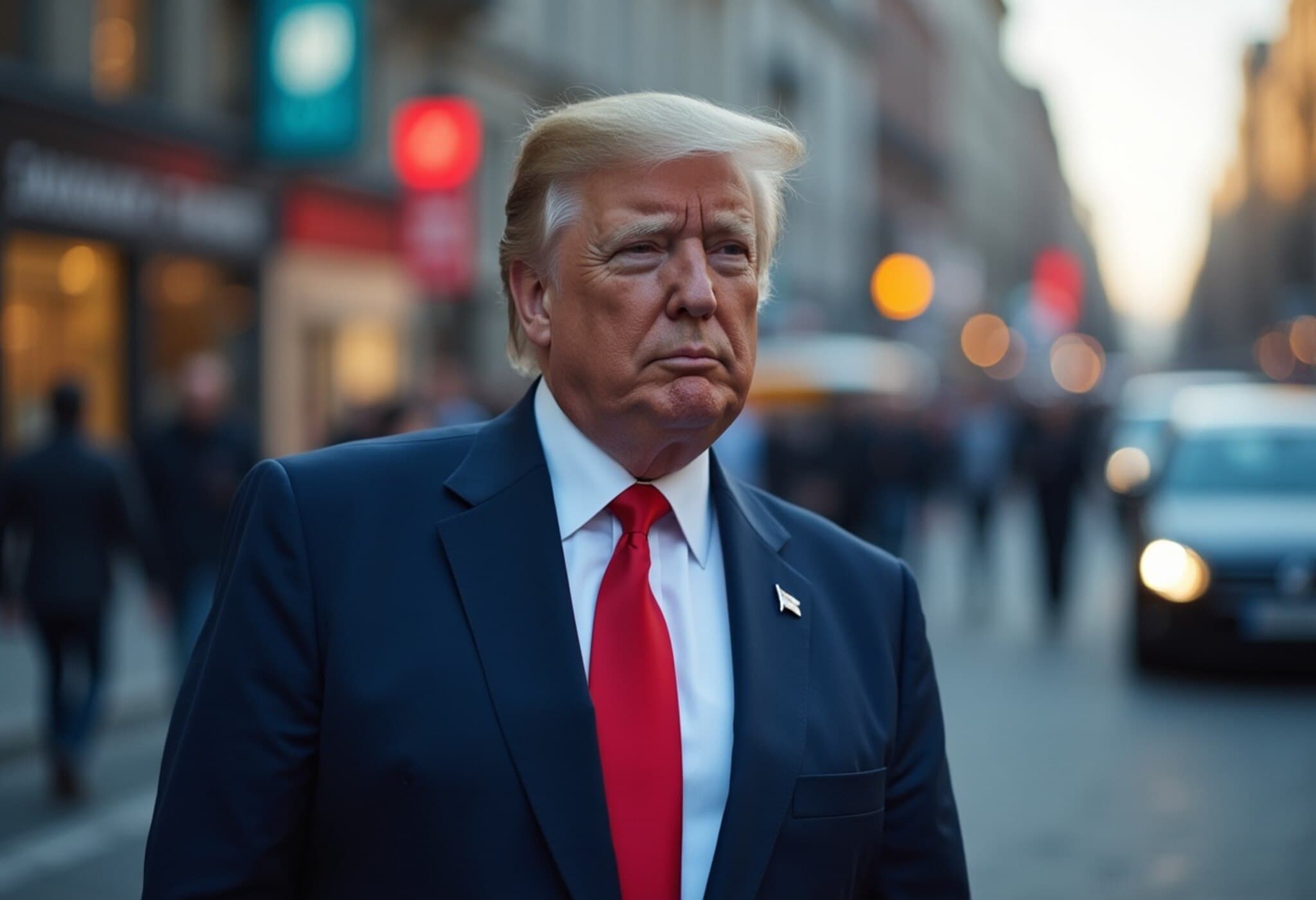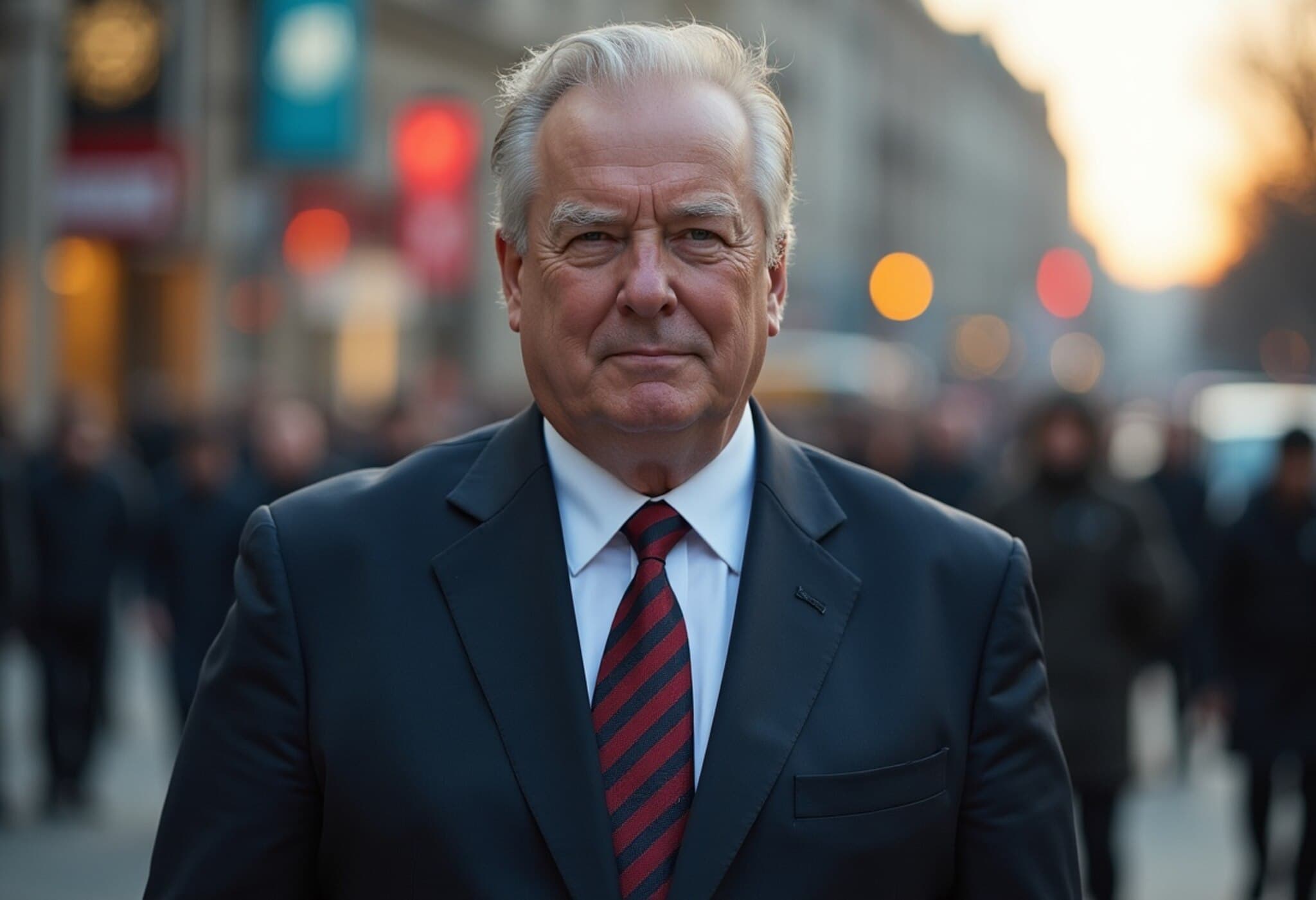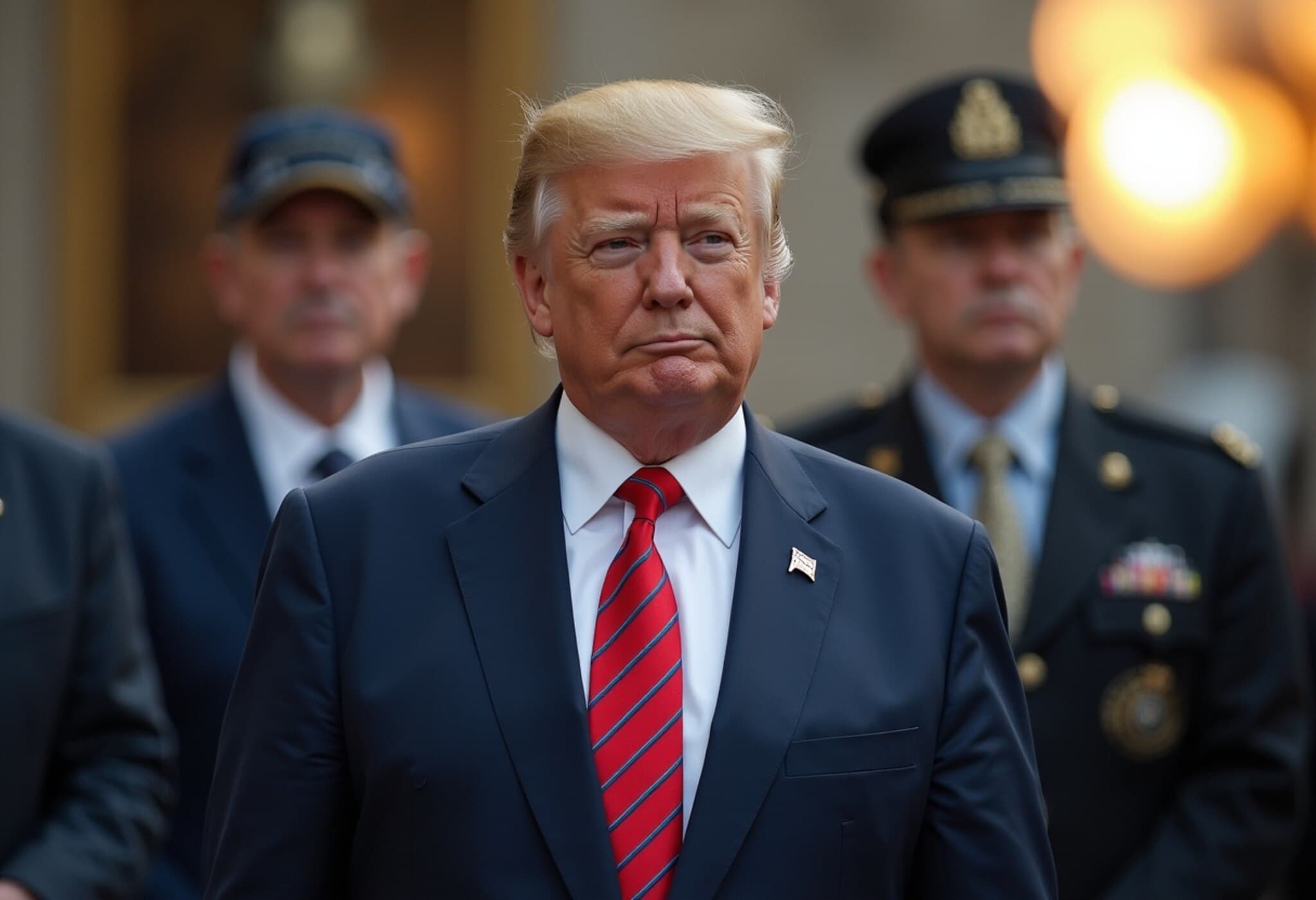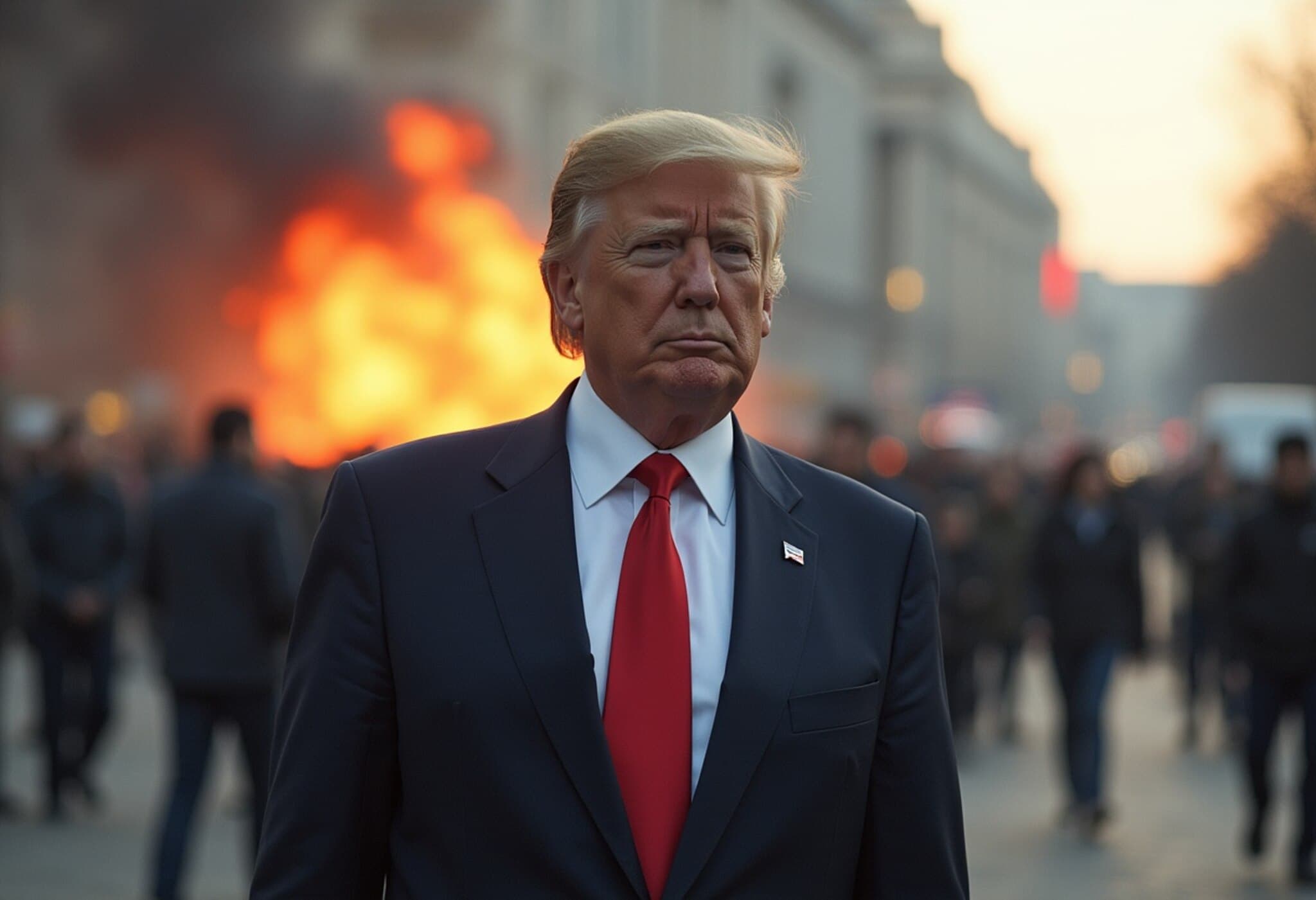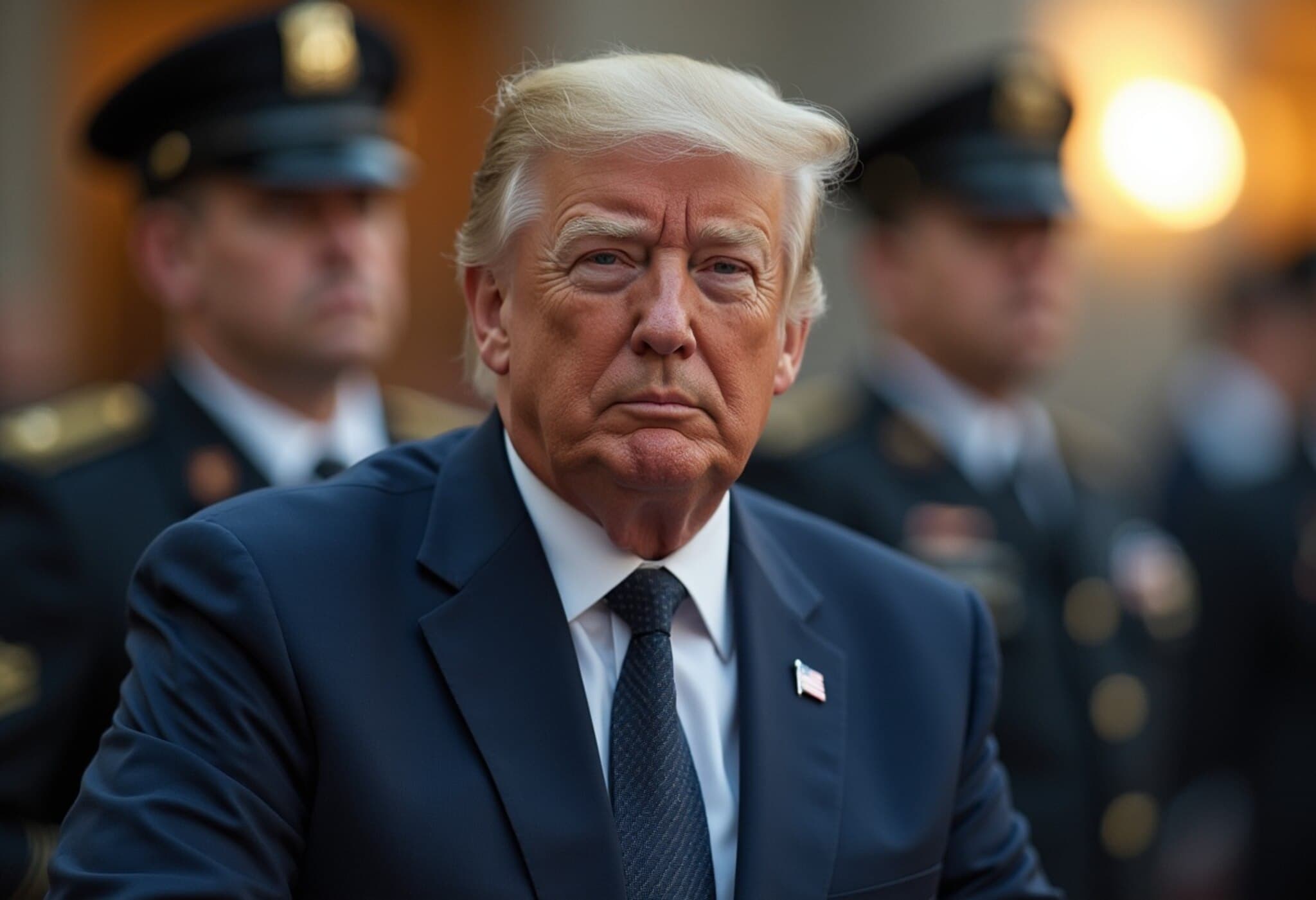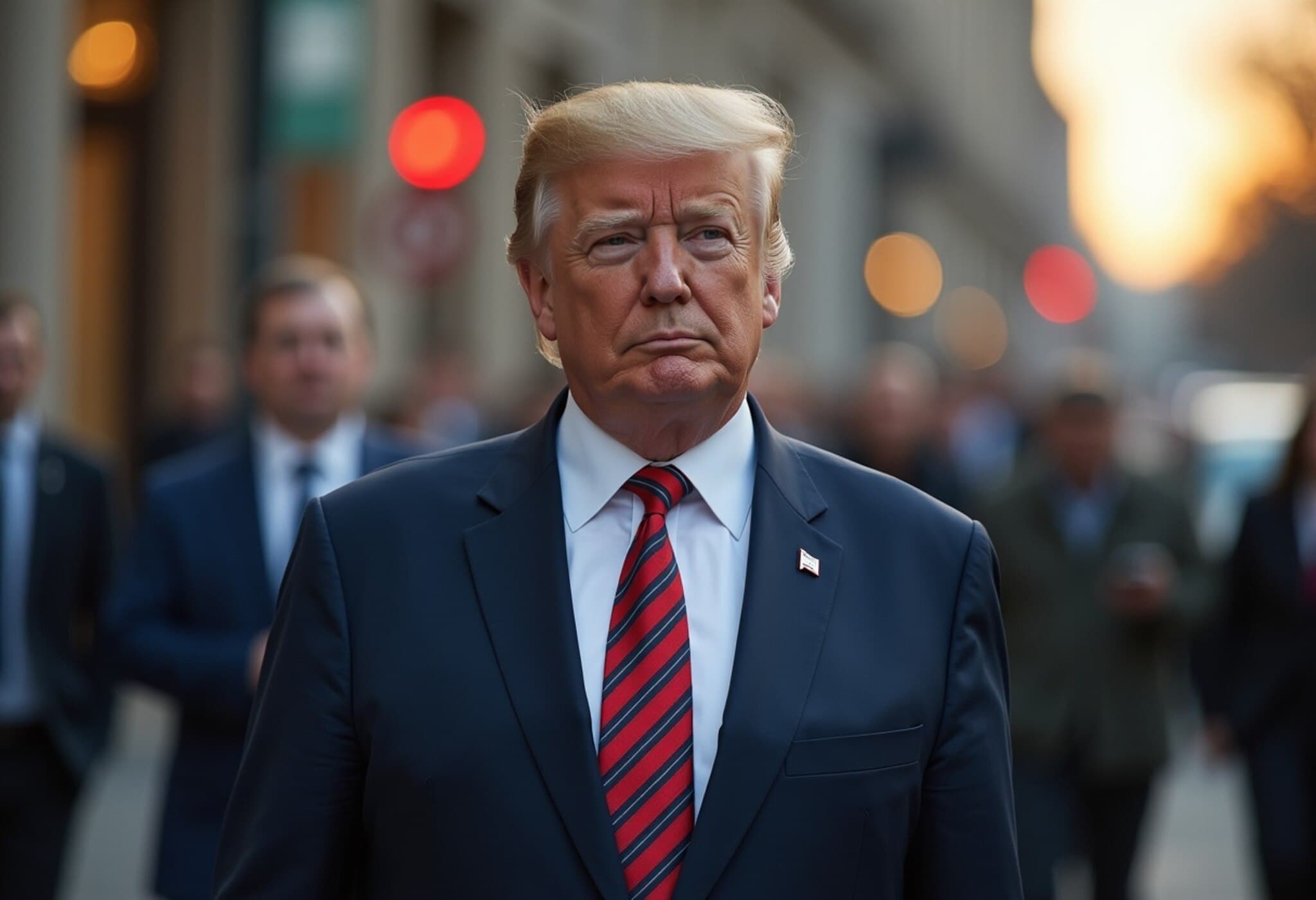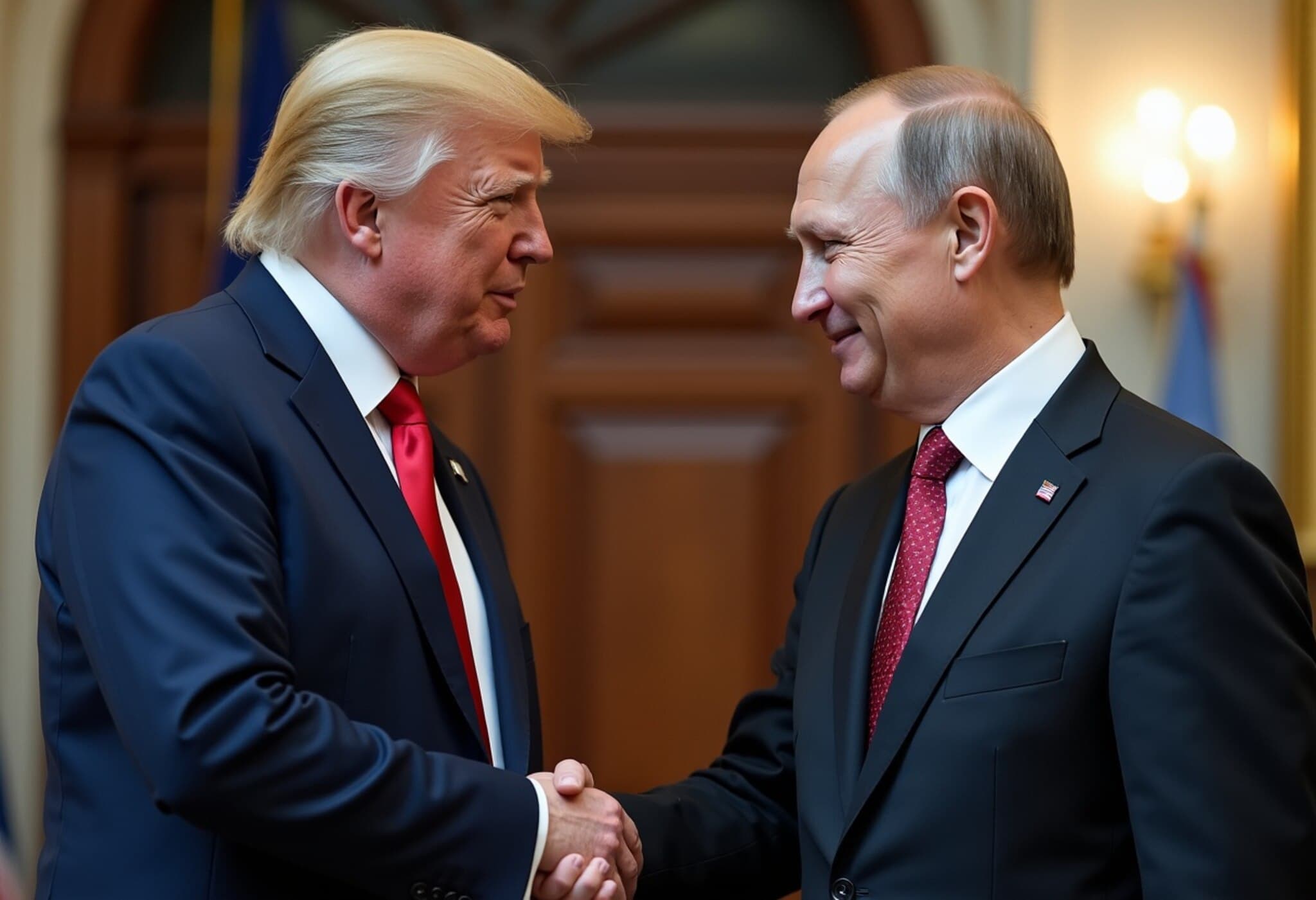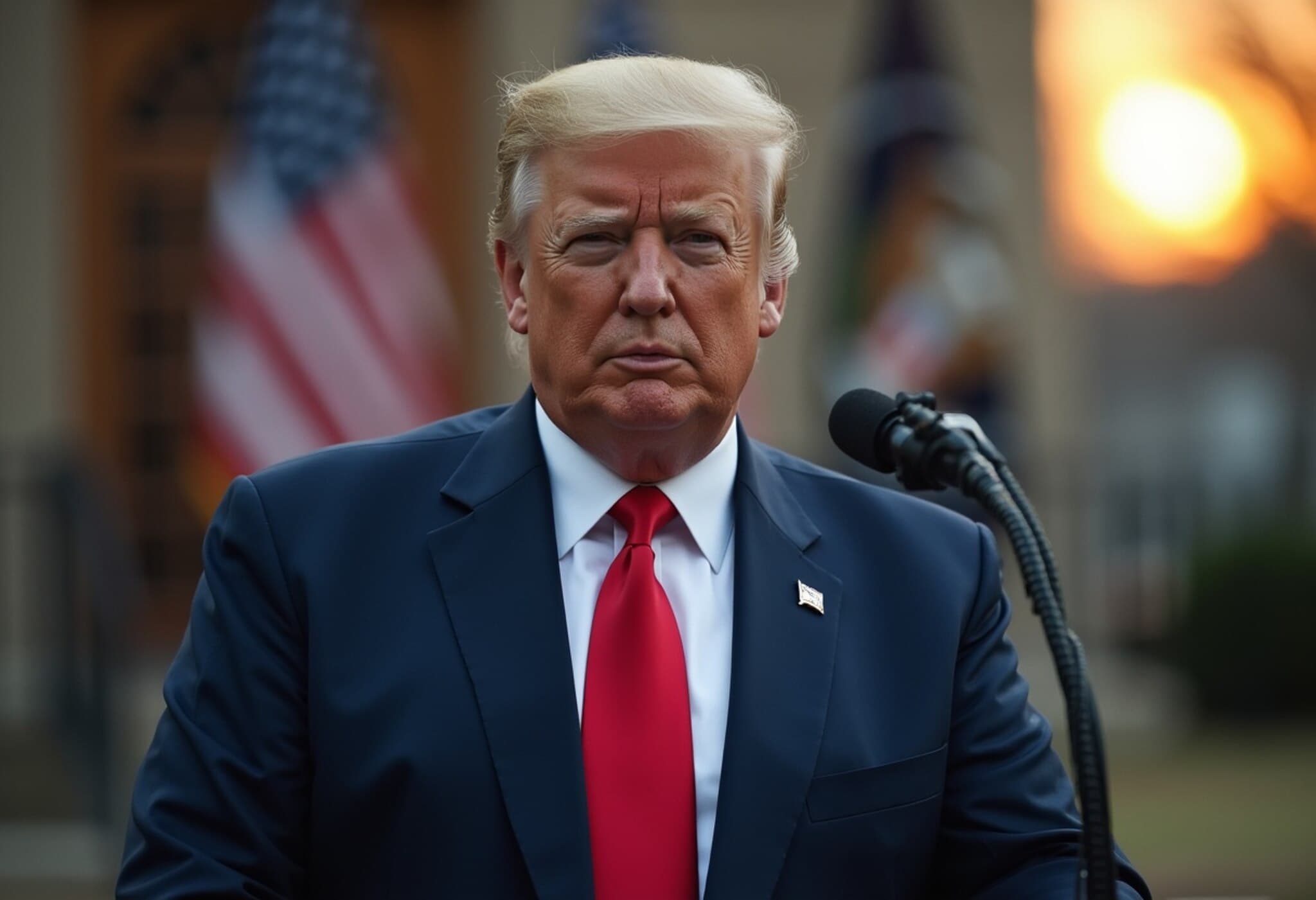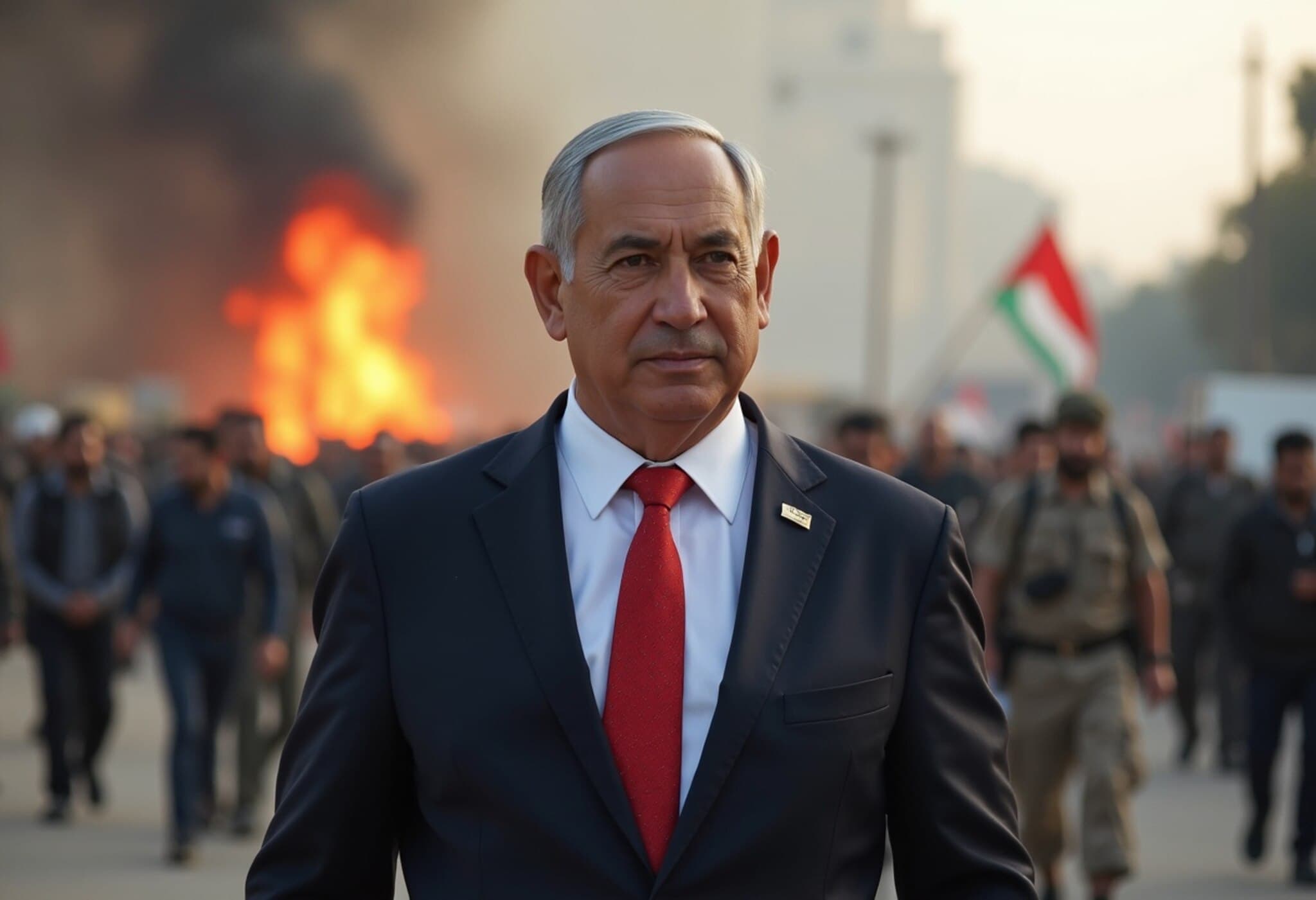Ukraine’s President Zelenskyy Vows to Defend Donbas Despite Russian Pressure
In a resolute statement from Kyiv on August 12, 2025, Ukrainian President Volodymyr Zelenskyy declared unequivocally that Ukraine will not pull its troops back from the critical eastern region of Donbas. Speaking to the media, Zelenskyy underscored that yielding territory in Donbas would undermine Ukraine’s defenses and pave the way for a broader Russian offensive deeper into Ukrainian territory.
Strategic Importance of Donbas and Wider Implications
Donbas has long been a focal point of the conflict between Ukraine and Russia, serving as both a symbolic and tactical battleground. Zelenskyy warned that any Ukrainian withdrawal from this eastern industrial heartland would create a direct corridor for Russian forces to move westward into the regions of Dnipropetrovsk, Zaporizhzhia, and Kharkiv—areas vital not only to Ukraine’s economy but also its national security.
“If Ukraine leaves Donbas, it opens the gate for Russia to extend their army’s reach into additional Ukrainian regions,” Zelenskyy emphasized, highlighting the cascading risks beyond just losing control over Donbas itself.
Negotiation Conditions Rooted in Ceasefire and Security Guarantees
Addressing the ongoing diplomatic chess game, Zelenskyy acknowledged Russia’s apparent strategy: demanding a Ukrainian retreat in Donbas in exchange for a promise not to attack elsewhere. However, the Ukrainian president was clear that territorial negotiations must come only after a comprehensive ceasefire is firmly in place.
He insisted that security guarantees for Ukraine be a non-negotiable pillar of any future discussions, signaling Kyiv’s wariness about striking deals that could jeopardize its sovereignty or lead to future escalations.
Military Movements Signal Imminent Russian Assault
Beyond the rhetoric, Zelenskyy provided critical insight into the evolving military situation. According to his briefing, Russia is actively repositioning its troops, transferring forces from the Sumy region to the south around Pokrovsk and Zaporizhzhia. This troop redeployment is interpreted as preparation for a renewed offensive expected in early September.
Zelenskyy also highlighted Ukraine's recent advances, noting that Ukrainian forces have reclaimed six out of eighteen previously Russian-occupied settlements in Sumy. Despite these gains, the frontlines remain volatile, with Russian infantry units reportedly pushing up to 10 kilometers forward near Dobropillia and Kramatorsk, signaling localized intensifications of fighting.
Expert Analysis: The Broader Stakes for Ukraine and International Security
From a geopolitical standpoint, Zelenskyy’s firm stance reflects Ukraine’s understanding of the Donbas region as a linchpin in resisting further Russian encroachment. Military analysts suggest that concessions in Donbas could set a dangerous precedent, undermining Ukraine’s bargaining position and potentially emboldening Russia’s broader territorial ambitions.
Moreover, security experts emphasize that Kyiv's insistence on guarantees transcends mere military concerns; it is a call for international legal assurances and strategic partnerships capable of deterring future aggression. This position aligns with Western efforts to solidify NATO’s eastern flank and support Ukraine’s sovereignty.
What Lies Ahead?
As September approaches, all eyes are on the eastern front where renewed conflict could either escalate into a larger confrontation or prompt a recalibration of diplomatic efforts. Ukraine’s refusal to withdraw from Donbas is a clear message: peace negotiations cannot come at the cost of territorial integrity or security compromises.
Questions Worth Considering:
- Will international actors be able to deliver the security guarantees Ukraine seeks?
- How might a renewed Russian assault reshape the humanitarian and political landscape in eastern Ukraine?
- Could a stalemate in Donbas catalyze broader diplomatic breakthroughs or deepen the conflict?
Editor’s Note
President Zelenskyy’s stance on holding firm in Donbas is both a reflection of Ukraine’s resilience and a call to the international community to provide more substantial support. As the conflict endures, understanding the intricate link between territory, sovereignty, and security is paramount. Readers should watch closely how these military and diplomatic developments unfold, as they will shape the future stability of Eastern Europe and have ripple effects across global geopolitics.

